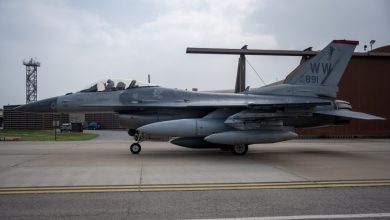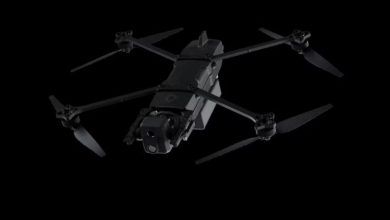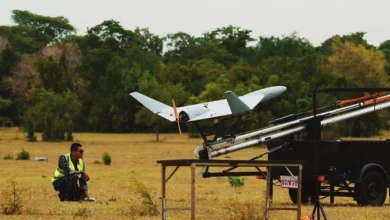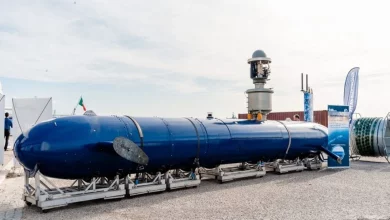S Korea’s new missile both bunker buster and nuclear hedge

KTSSM missile boosts conventional strike capabilities while quietly positioning S Korea for a potential independent nuclear deterrent
South Korea’s new KTSSM bunker-buster missile enhances conventional strike capabilities while quietly positioning the country for a potential independent nuclear deterrent.
The missile’s deployment signifies a broader strategic change that could potentially blur the boundaries between conventional and nuclear postures.
This month, Yonhap News Agency reported that South Korea has fielded the Korean Tactical Surface-to-Surface Missile (KTSSM), a domestically developed precision-strike weapon designed to neutralize North Korea’s underground artillery sites.
Dubbed “Ure” (Thunder), the KTSSM can conduct rapid, simultaneous precision strikes, targeting North Korea’s long-range artillery, much of which is positioned within striking distance of Seoul.
With a range of 180 kilometers, the missile enhances South Korea’s deterrence posture amid escalating tensions. The South Korean Joint Chiefs of Staff (JCS) emphasized that the deployment provides the military with an “overwhelming” capability to destroy enemy positions in a contingency.
The KTSSM was first developed following North Korea’s November 2010 bombardment of Yeonpyeong Island. Global Security notes that KTSSM is an affordable tactical ballistic system similar to the US Army’s Tactical Missile System (ATACMS), though it offers improved accuracy at the expense of a shorter range.
There are two variants: KTSSM-1, which is intended to target North Korea’s M1978/M1989 Koksan 170-mm howitzers and M1985/M1991 240-mm multiple rocket launchers (MRL), and KTSSM-2, a self-propelled unit designed to strike North Korea’s KN-09 300-mm MRLs and KN-02 short-range ballistic missiles (SRBM).
The Koksan’s range with conventional shells is 40 kilometers and 60 kilometers with rocket-assisted projectiles, while North Korea’s 240-millimeter MRLs have a similar range. The KN-09 has an estimated range of 200 kilometers and the KN-02 falls within the 120-170 kilometer range.
KTSSM Block 1 features a thermal penetrating warhead, while Block 2 employs a unitary high-explosive warhead. South Korea deploys the KTSSM at the corps level, whereas its Army Missile Command operates the Hyunmoo and ATACMS systems.





